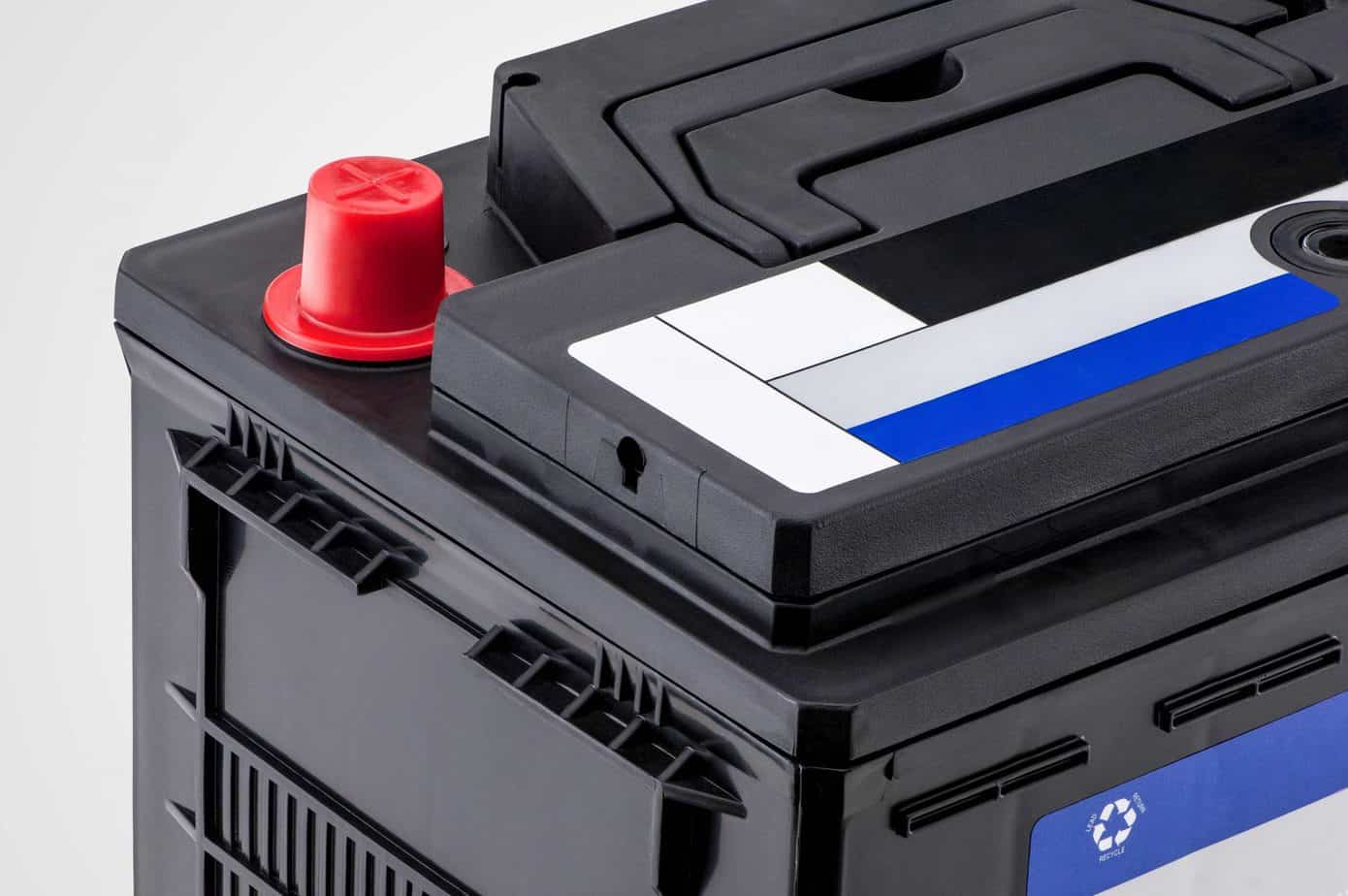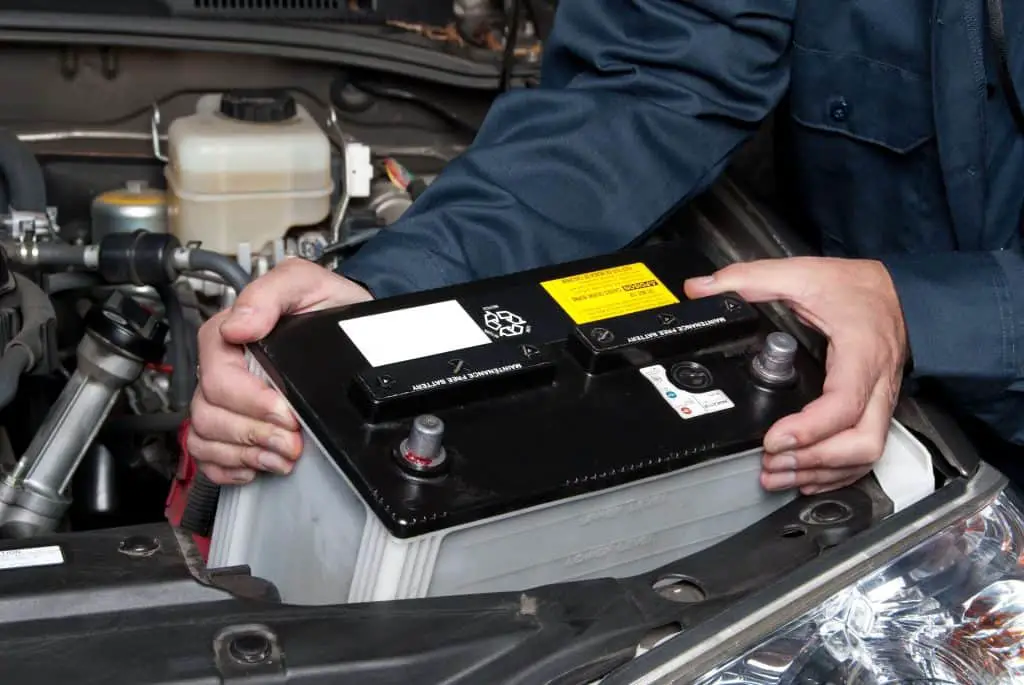Traveling by RV is all fun and games till your battery dies down. Not only does it power your engine, but it is also crucial for your motorhome. If you want to travel in style and comfort, you will need batteries in your RV system.
RV Battery life expectancy depends on many factors. How much power you need inside your motorhome, what appliances you use, battery type, and the way you charge your batteries all come into play.
If you are a novice RV enthusiast looking to understand RV battery lifespan, then this article for you. An RV battery can last for 2 to 6 hours or even more dependent on its use and maintenance. But knowing the tentative life span of RV batteries is not enough.
It is crucial to maintain your RV batteries lest you end up with a dead battery. With proper care, you can avoid such a situation. You can also increase the life expectancy of your battery. Read along and find out how you can do so.
How Long Does RV Batteries Last?
The lifespan of your RV battery depends on you. Having said that, we can still give you a rough idea of how long an average RV battery can last.
The charge cycle of an RV battery is the completion of recharging and discharging once. The average battery can last up to 500 to 1200 cycles, which are 18 months to 3 years. Depending on the battery type and maintenance, the cycles can increase.
An average RV battery can last for 48 to 96 hours on a single charge. With a decent battery, you won’t have to recharge in 72-96 hours. But with a low-quality battery, you will have to recharge in 48-hours maximum. If you are out to dry camping or boondocking, then under normal usage, your battery will last 48 to72 hours.
On the other hand, the life expectancy of an average RV battery is 2 to 3 years. Depending on the type, quality, and maintenance, it can increase up to 6 or 7 years.
How to Increase RV Battery Life Expectancy?
Maximizing your RV battery lifespan will result in smoother travels and lower expenditures. Here are a few quick tips that will increase the life expectancy of your batteries.
- Routine and proper recharging of the battery prevents sulfation and maximizes battery lifespan.
- Use a digital voltmeter to measure the discharge rate of the batteries. Do not wait for 20% battery charge before recharging.
- 50% battery charge is the best time for recharging. Regular recharging at 50% will double battery life.
- The best way to charge batteries and extend life expectancy is to charge it in four stages. You can use a smart charger to do this.
- First, at 90% discharge, use a bulk charge and charge the rest 10% using absorption charge. This will prevent water loss and gassing. At last, float charges your batteries to maintain charge stability.
- Always use distilled water while refilling battery cells. Mineral water or regular tap water causes calcium sulfation.
- You should always water your battery after charging. If the lead plates are exposed before charging, then add water to cover the plates before.
- Consider adding solar panels as additional chargers. In the presence of sunlight, you will have a constant source of power that way.
- Fluctuating temperature can harm your lead-acid batteries. Add distilled water and track electrolyte levels to protect the batteries.
- During charging, keep the vent caps on to prevent leakage, gassing, and water loss.
- While dry camping, include additional batteries. Your interior appliances like lighting can consume more power than you expect.
- Parasitic loads are devices that drain power when the engine is off. Clocks, TV antennas, and stereos are examples of parasitic loads. Use surge protector power strips when your RV is off, and you are not using any inside appliances.
How to Maintain RV Batteries?

If you constantly have the heater or AC blasting, water running and the TV on, your RV battery will not last as long. If you do not charge and discharge your batteries in a proper manner, its life span will decrease. So, to conserve the lifespan of your RV battery intensive maintenance is a must.
Recharging and Discharging
Overcharging or undercharging can decrease the lifespan of RV batteries. This usually occurs when the batteries are charged in one whole stage. Batteries should be charged using a multistage charger to avoid over or undercharging.
Undercharging can cause sulfation in your battery. A multistage charger combats this. It ensures equal charging of all battery cells to the maximum capacities.
Complete discharge of the battery can ruin the unit. Hence, decreasing battery lifespan. So do not wait for battery charge level to drop to 0% before recharging.
Monitor Temperature and Humidity levels
While travelling between different climates, the fluctuating temperatures can harm the batteries.
Hot temperatures will overheat, dry up battery cells and decrease battery life expectancy. Distilled water should be added carefully to hydrate battery cells. Regular monitoring of humidity and heat levels is crucial to conserving battery lifespan.
Corrosion Prevention and Removal
When there is any gas leakage from cell battery corrosion occurs. The sulphuric-acid of the gas can corrode the unit and decrease lifespan.
You should spray a mixture of water and baking soda in 6:1 ratio on the battery terminals once a month. After five minutes, rinse with low-pressure water sprays.
If your battery already has corrosion, apply the sulphuric mixture and let it sit for a while. Then remove the corrosion gently with a wire brush or toothbrush.
Flooded Cell Batteries Maintenance
It is crucial to constantly check the water content of the flooded cell battery. When the water level is below the top of the lead plates, you have to fill the batteries with distilled and deionized water.
Types of RV Battery
An average RV consists of two types based on application, the chassis battery and house battery. The chassis battery is the regular car battery that starts the engine. What we will focus on, and you will need to conserve is the house battery.
The house battery runs the electronic gadgets and appliances inside the motor home. This 12-volts battery is mainly two types.
Deep-Cycle Battery
Most motorhomes need deep-cycle batteries. These lead-acid batteries function the same as chassis batteries. But, produce a lower amount of current over a long period of time. They need regular recharging and discharging.
Deep-cycle batteries have three subtypes. These are Flooded wet-cell, Absorbent Glass Mat (AGM) and Gel-cell battery. Wet-cell batteries are the most common, but they don’t have the best durability or longevity. AGM and gel-cell batteries are both leak-proof, but AGM is easier to maintain.
Lithium Battery
The life expectancy of lithium batteries is longer than the traditional deep-cycle battery. Most RV batteries last around 400 charge cycles but lithium batteries last up to 5000 cycles. These are also easier to maintain, smaller in size and light-weight.
Lithium batteries are three times more expensive than the average RV battery. You can consider upgrading to these batteries keeping in mind its benefits. Most people upgrade to these when they add solar panels to their RV system.
Conclusion
Motorhomes render a distinct and fascinating travelling or camping experience. To enjoy this unique experience with comfort, you have to make sure your battery does not act up. Extending the RV battery life expectancy will make sure you enjoy it to the fullest.
We hope our article helped you understand RV batteries better. Happy Camping!


